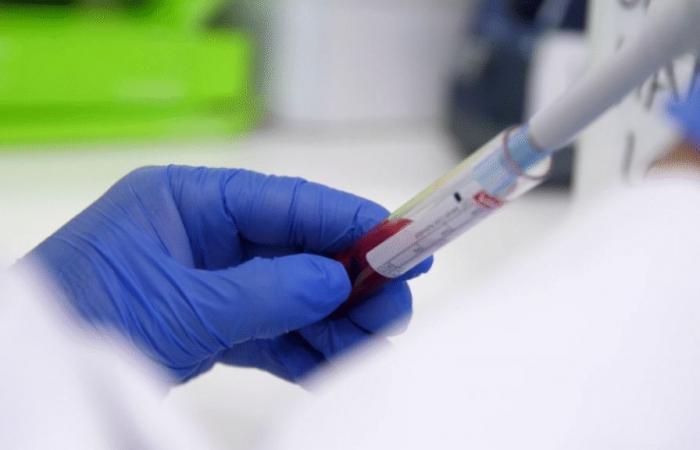
The Public Hospital October 12 of the Community of Madrid participates in a study that uses artificial intelligence (AI) as an aid in the prediction of response to immunotherapy in lung cancer, based on Real world data, the medical history and control hemograms obtained during the first treatment cycles. In this work, which has been published in the magazine ‘Cancer Immunology, Immunotherapy’, they also collaborate, together with the Polytechnic University of Madrid, the Center for Biomedical Research Center in Network (CIBERBBN), the Biomedical Research Center in Cancer Network (CIBERONC), the Jiménez Díaz Health-Foundation Research Institute and the University of Navarra University of Navarra.
Lung cancer is the main cause of cancer death in the world, with a 5 -year 5 percent year survival rate for the most advanced cases with metastasis. In recent years, various therapies have been developed based on fostering the immune response and blocking the systems developed by tumor cells to avoid this response. These types of treatments are known as immunotherapies and has not only allowed improving the prognosis of patients with this type of aggressive cancers, but to avoid the appearance of side effects associated with more classic treatments such as chemotherapy.
Numerous studies have focused on studying metabolic routes and cell signaling associated with the in -depth immune response. However, due to the immune variability between patients, both by internal and external factors, the response to immunotherapies is very diverse. Thus, a very relevant fraction of patients eligible for treatment ends up progressing, despite observing that at first they responded to treatment.
Researchers have developed and validated an artificial intelligence algorithm capable of precision predicting which patients will respond to immunotherapy from real world data (DMR or Real World Data RWD). This system is based solely on information available in the medical history and control hemograms obtained during the first treatment cycles, under the hypothesis that the response during the start of the treatment can give us clues of the patient’s evolution in the long term.
-To monitor the response, only data related to the patient’s condition, immunomedized adverse reactions and blood analytics of patients that are made, generally each immunotherapy cycle have been used. The proposed model uses information about the presence of metastasis in the central nervous system, the appearance of pneumonitis or colitis at the beginning of immunotherapy and the diagnosis of type I diabetes, in addition to the variables of hemogram lactate dehydrogenase, the absolute counting of lymphocytes and the ratio platelet/lymphocytes in blood, these collected in time. The results obtained, published in Cancer Immunology, Immunotherapy, have shown that it is possible to obtain good predictions with easily available information.
This is one more step in personalized medicine, allowing to improve the efficacy of treatment, focus clinical trials in patients with the highest risk of progression and minimize the appearance of unnecessary side effects, in addition to contributing to the reduction of health costs.
This work has been funded by the Ministry of Science and Innovation, State Investigation Agency, with co -financing of the European Regional Development Fund (FEDER). He has also received financing from the Cenio Project from the Carlos III Health Institute (ISCIII) and the Next Generation EU funds. In addition, it has been partially financed by the Leonardo scholarship to 2019 Cultural Researchers and Creators of the BBVA Foundation and by the Magerit-CM project, within the framework of the R&D program in Technologies of the Community of Madrid.
Interest links:
https://doi.org/10.1007/s00262-025-03966-9





